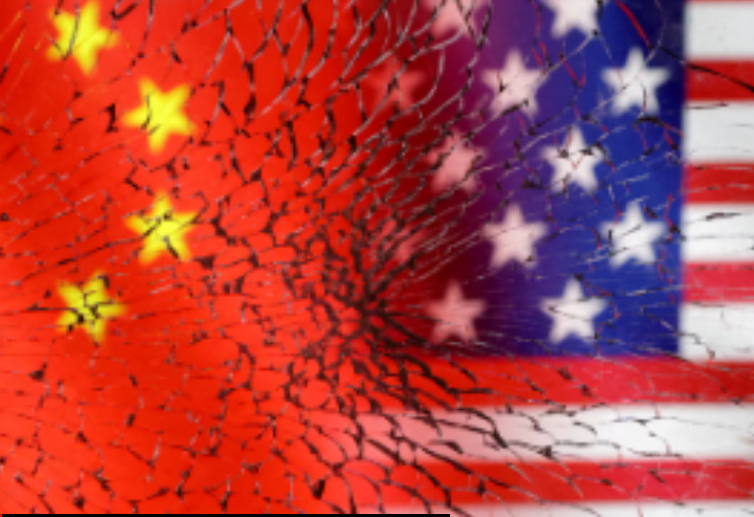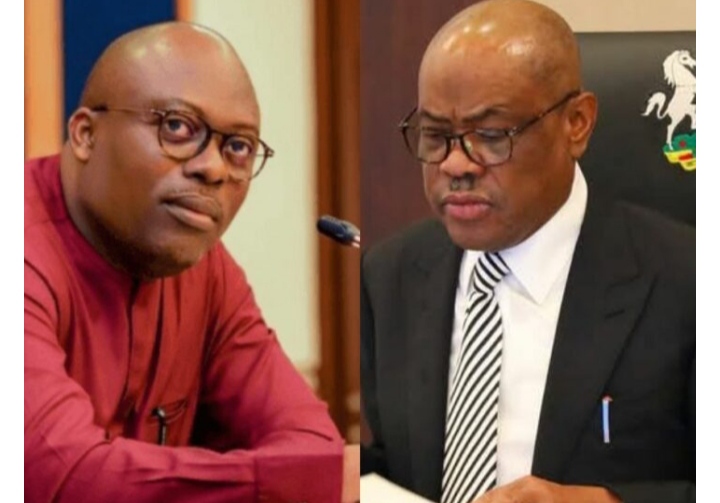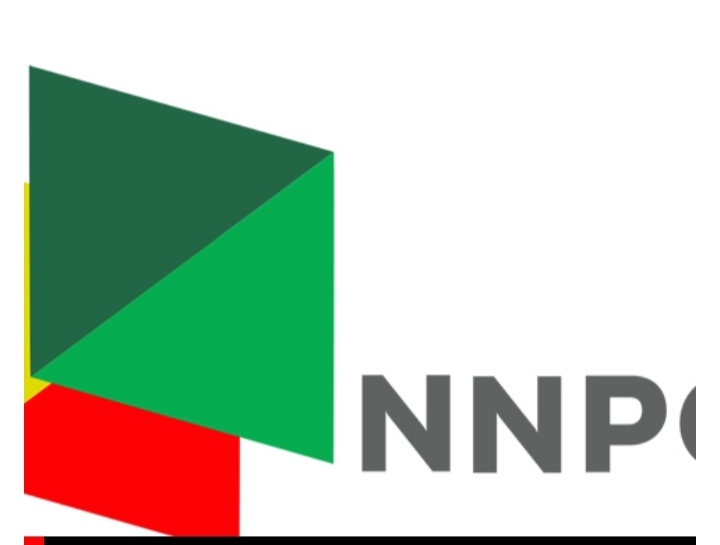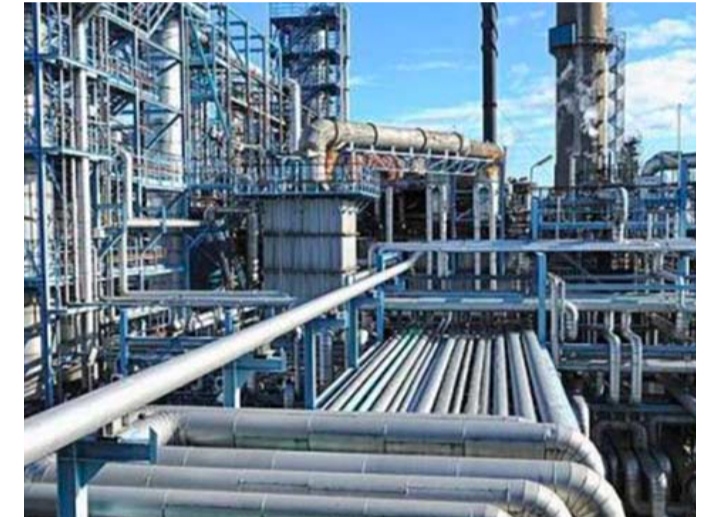The United States may still have the world’s most powerful navy but it seems to have realised that this is no longer sufficient to reassert US supremacy over the high seas.
If President Donald Trump’s pronouncements on shipbuilding, the Panama Canal and Greenland are anything to go by, he wants to increase US sea power on several fronts – just as China is already doing.
Beijing’s expanding influence on the world’s oceans is a challenge to Washington’s efforts to protect its interests.
While the United States still dominates the seas militarily, it is weaker in other maritime sectors, such as merchant shipping and shipbuilding itself, analysts told AFP.
On China, he has complained that Beijing “controls” the Panama Canal and has refused to rule out military force to wrest control of a vital strategic asset.
The president has been equally blunt about wanting to take over Greenland, a Danish territory whose untapped mineral and oil reserves he covets.
And he wants to tax any Chinese vessel that docks in US ports.
Researcher Sophie Quintin, of Portsmouth University in the UK, said Trump’s approach smacked of a return to “navalism” — a theory stressing the importance of sea power espoused by 19th-century US naval officer Alfred Mahan.
On the other hand, Trump might just be appealing to his populist voter base, the Make America Great Again (MAGA) faithful.
“It’s difficult to know if it’s the fruit of a real strategic reflection,” said Alessio Patalano, a specialist in maritime strategy at King’s College, London.
“In the end, it doesn’t matter. Serving the interests of MAGA voters by restarting naval shipyards or taxing Chinese boats leads to a navalist policy.”
– Chinese sea power –
In any case, China understands the importance of sea power, said Nick Childs of Britain’s International Institute for Strategic Studies.
At a Paris conference last month, Childs pointed to China’s rapid expansion in maritime sectors other than its own navy.
“There are the investments we’ve been hearing about in global ports, global maritime infrastructure and the weaponising of the fishing fleet,” he said.
Washington is concerned by the expansion of Chinese shipping companies, which they see as serving the interests of the Beijing government.
“Beijing’s economic control of port operations at strategic chokepoints across the world — many of which are part of the Maritime Silk Road initiative — pose a threat to the United States and its allies,” opined US think tank the Jamestown Foundation in February.
It cited in particular two state-owned firms, COSCO and China Merchant Ports.
Beijing could also exert “significant influence” on a third, the privately owned Hutchison Port Holdings, which controls two ports on the Panama Canal, it said.
But Paul Tourret, of France’s Higher Institute of Maritime Economics (ISEMAR), cautioned against too “simplistic” a reading of China’s maritime policy.
“COSCO, for example, follows a financial logic. It merely delivers to the United States the goods that Americans consume,” he said.
PUNCH
![]()













Leave a Reply